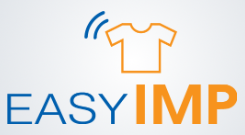
Twelve different partners from industry and research meet on the 17 & 18th of October at the DFKI in Kaiserslautern for the kickoff meeting of the EASY-IMP project.


Twelve different partners from industry and research meet on the 17 & 18th of October at the DFKI in Kaiserslautern for the kickoff meeting of the EASY-IMP project.
Scanning people with a Kinect is still a challenging problem. In this poster we demonstrate an approach for a fully automatic, full body scanning, combining state of the art super-resolution and registration algorithms with a novel approach for shape completion to reconstruct the human body.
For a copy of the poster, please contact Yan Cui.
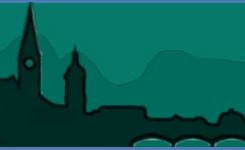
Two papers have been accepted for the upcoming International Symposium on Wearable Computers (ISWC):
Attila Reiss, Gustaf Hendeby, Didier Stricker
Confidence-based Multiclass AdaBoost for Physical Activity Monitoring
IEEE 17th International Symposium on Wearable Computers (ISWC), September 9-12, 2013, Zurich, Switzerland.
Attila Reiss, Didier Stricker
Personalized Mobile Physical Activity Recognition
IEEE 17th International Symposium on Wearable Computers (ISWC), September 9-12, 2013, Zurich, Switzerland.
For the conference program and the papers’ abstract, please visit: http://www.iswc.net/iswc13/program.html.
The first two projects of the software-cluster EMERGENT and SWINNG have been successfully evaluated by DLR and BMBF. In addition to the generally positive review the BMBF reviewers chose a small selection of “gems”, among them AV’s AR-Handbook for their novel approach to Augmented Reality maintenance assistance.
In the next two years the German Research Center for Artificial Intelligence (DFKI) and the Institute for Applied Scientific Training (IAT) will work together on the use of novel technologies in professional sports. German press release

Motion sensors are becoming incredibly cheap and are already fully integrated. Chaining them allows fully new applications in the area of body and tools tracking.
For a full copy of the work, please contact Markus Miezal.
Brussels, 26th February 2013. Today, the European project SUDPLAN has been reviewed successfully. During the final meeting in Brussels the reviewers of the European Commission emphasized again the importance of the achieved results and appreciated the developed SUDPLAN application.
The department Augmented Vision was responsible for the development of an advanced visualization part. Using a virtual globe the visualization component allows the user to relate any kind of spatial data directly to the underlying terrain model. Moreover, the visualization component provides different viewing modes, e.g. for large screens, stereoscopic displays, to enable the user to utilize such hardware and to immerse into the data. The results of the advanced visualization component can be found here here.
SUDPLAN is an EU FP7 project under the Information Communication Technology programme. The project focused on the development of a web-based planning, prediction and training tool to support decisions in long term urban planning. This helps to assure population´s health, comfort, safety and life quality as well as sustainability of investments in utilities and infrastructures within a changing climate.
The overall project results of SUDPLAN and many videos can be found here.
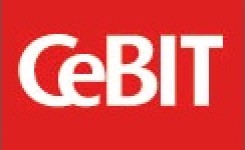
DFKI Booth F 50: The first VISTRA interaction prototype -Natural Interaction for Virtual Assembly Training
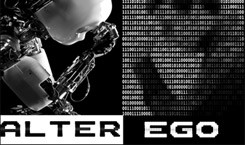
Social pathologies, including schizophrenia, autism and social phobia, are mainly characterized by difficulties in interaction with others. This causes much suffering both for the patients and those that surround them.
The AlterEgo European project aims to develop and test, in a three years term, an innovative rehabilitation method to improve such relational deficits, using humanoid robotics and virtual reality. More information about AlterEgo and the role of the AV research department in the project will be available soon here.
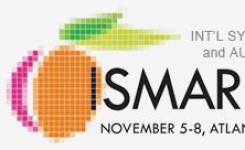
With the publication of “Learning Task Structure from Video Examples for Workflow Tracking and Authoring” researchers from the department Augmented Vision present their newest results on “AR manual technology”. More… (link not available anymore)